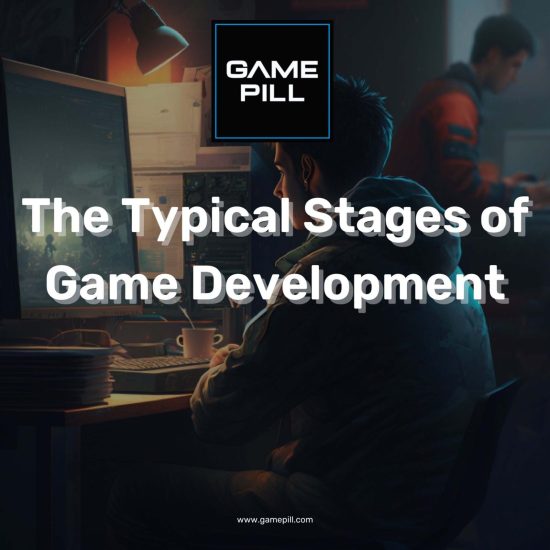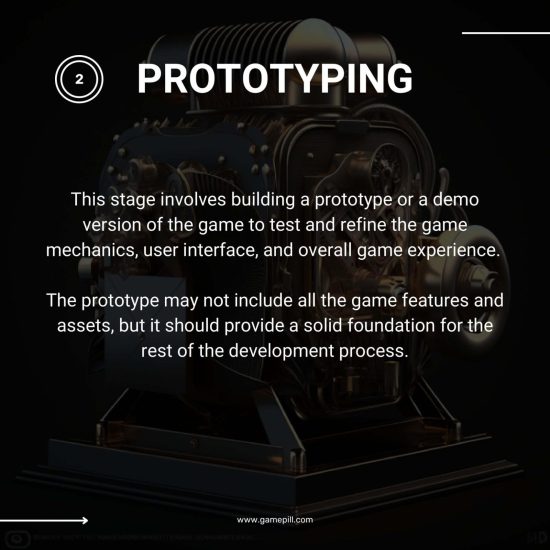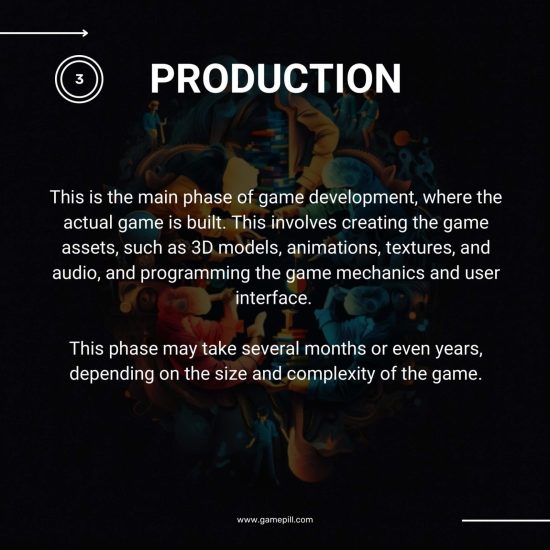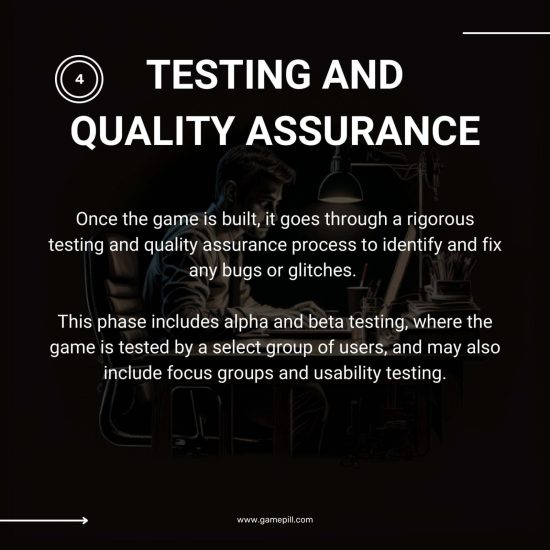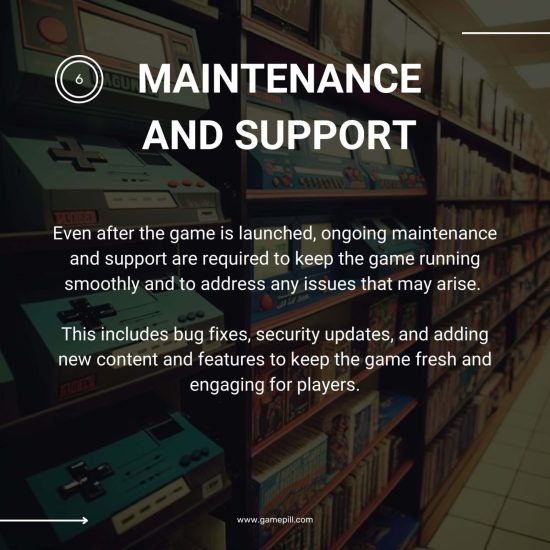


Creating a game is a challenging endeavor. From concept to release, there are countless moving parts to manage, teams to coordinate, and obstacles to overcome.
A structured approach to game development is like having a game plan before a big match or a plan before building a house.
It helps to organize the development process, making it easier to manage time effectively, meet deadlines, and ensure everyone is on the same page. We created a document that outlines typical stages of Game Development.
Here are a few statistics that support following a plan!
–In a survey conducted by the International Game Developers Association (IGDA) in 2017, it was found that game developers who followed a structured development process were more likely to deliver their games on time and within budget.
–According to a report by GamesIndustry.biz in 2019, game development projects that followed a structured process were more likely to be successful, with a higher percentage of completed projects and a lower percentage of cancelled projects.
–A study by Gamasutra in 2018 found that game developers who followed a structured development process were more likely to produce games with higher user ratings and revenue.
–The Standish Group’s CHAOS Report, which examines software development projects across all industries, found that projects that followed a structured development process had a significantly higher success rate than those that did not.
